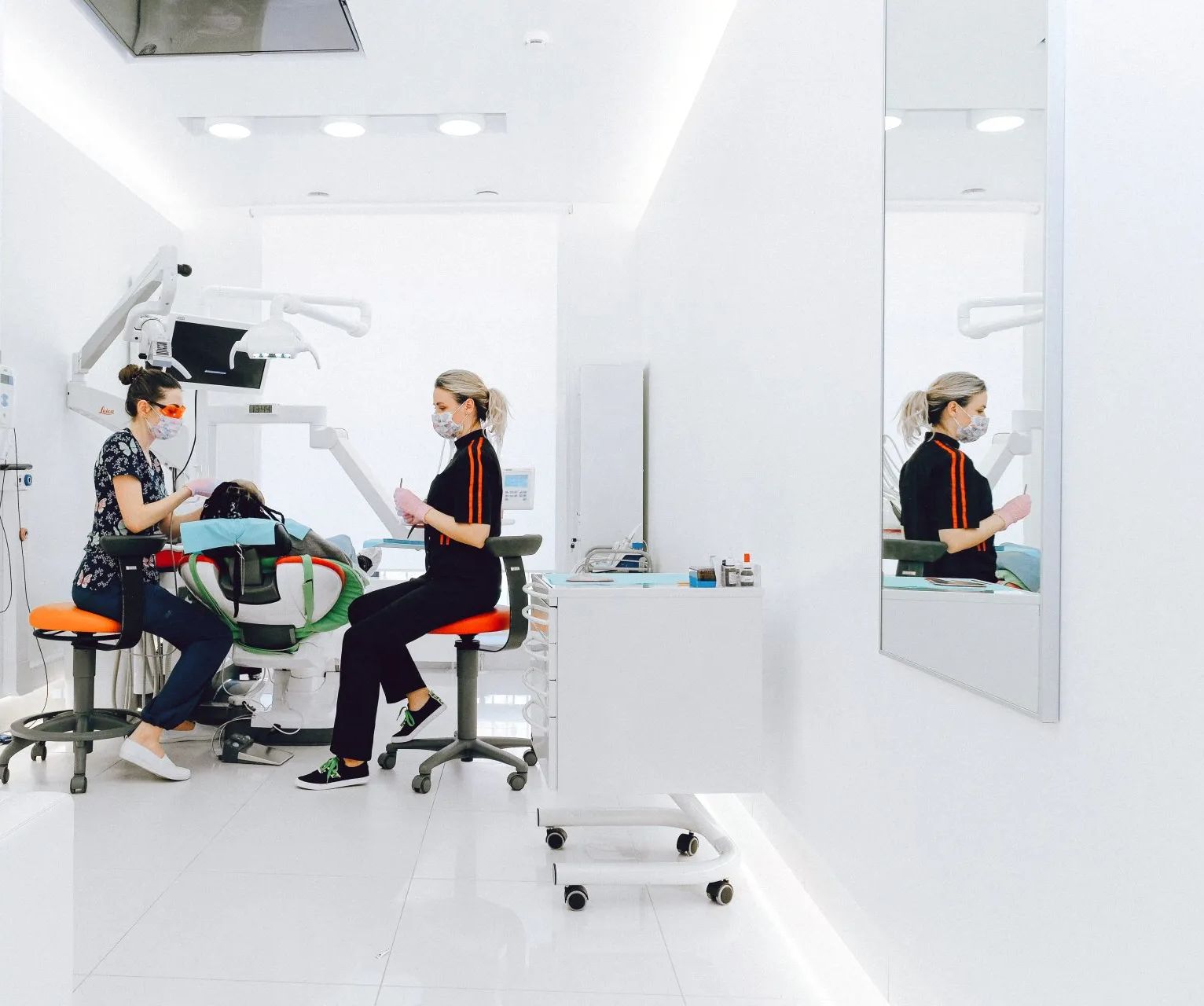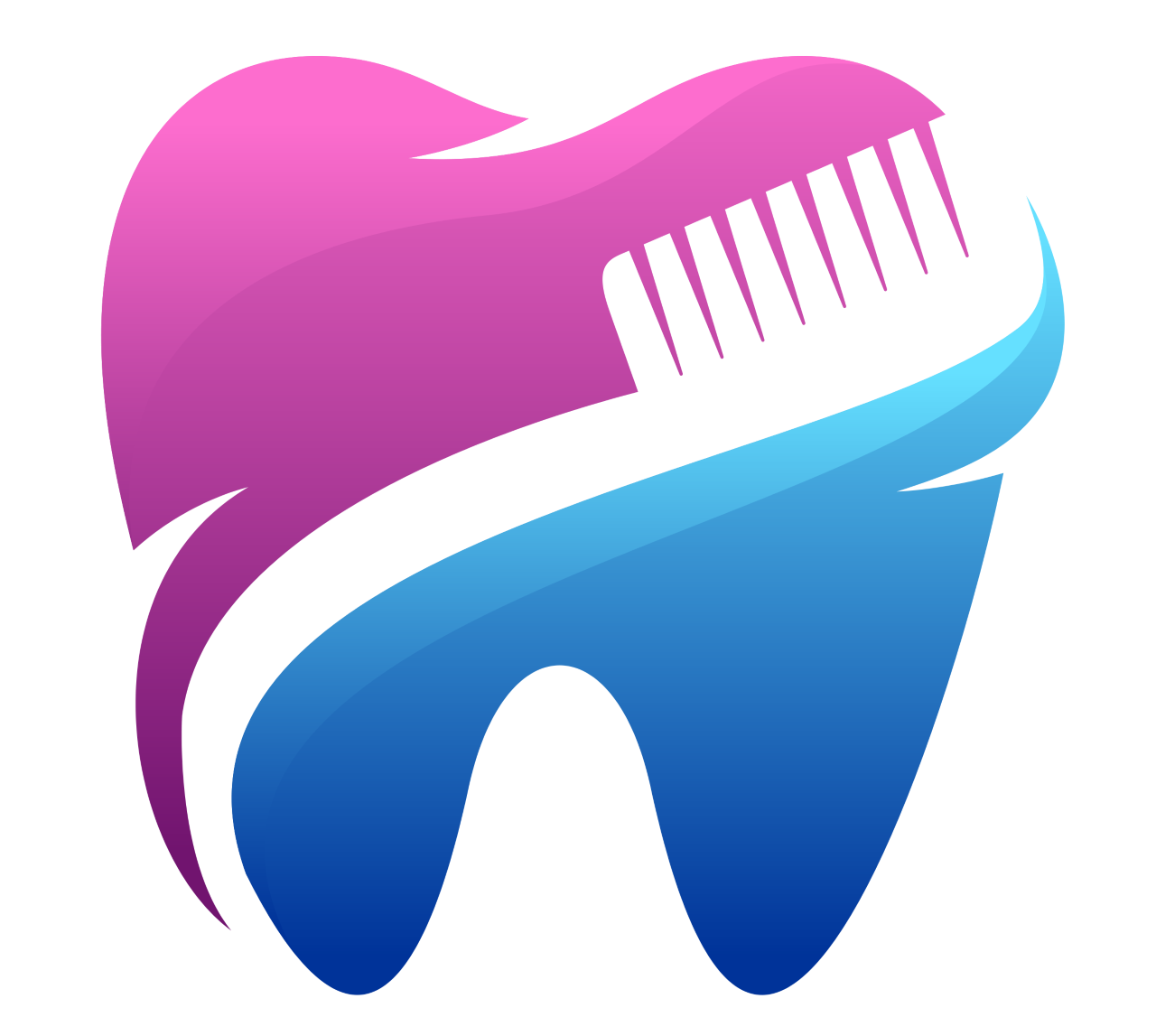Dental Cleanings and Preventions
Dental Cleanings and Preventions
If you have good oral health, you may be questioning if you need dental cleanings. Having dental cleanings and preventions is not just needed when you have problems though. Seeing a dentist on a regular basis maintains the health of your teeth and may help to prevent dental emergencies in the future. To get an idea of why this is so important though, it may help to review the basics of preventative dentistry.

Dental Exam and Cleaning
If you’ve never been to a dentist for a routine exam, there are a few basic steps that you can expect to occur. This is what you should expect during the exam although there may be some variations based on your dental history and any findings during the exam.
Physical Exam
The teeth cleaning is going to be performed by a dental hygienist. This person is a trained professional who can perform basic services and will work with the dentist. Before they perform a teeth cleaning, they’ll start by doing a physical exam of your mouth. Using a small mirror, the hygienist will check around your teeth and gums to look for any problems such as inflammation or damage. If they note any significant problems, the hygienist may call for the dentist before proceeding.
Remove Plaque and Tartar
Using the small mirror, the dental hygienist will use a tool known as a scaler to get rid of plaque and tartar buildup around the gum line and between teeth. You’ll hear a scraping noise which some people don’t enjoy but this is a normal part of the process. Depending on how much buildup you have, it may take more or less time to get this done. Even if you brush and floss on a regular basis, you may still have some plaque and tartar buildup. Tartar is plaque that has built up on the teeth and has to be removed by a trained professional. If you don’t enjoy this part of the cleaning process, making sure that you keep up with good dental care is the best preventative measure.
Toothpaste Cleaning
After your teeth are free from tartar, the hygienist will brush them with an electric brush. This is similar to brushing your teeth at home. However, the brushing machine that they use will give you a slightly deeper clean and get rid of any residual tartar that may have been left behind. Professional cleaning will use a toothpaste that looks and smells just like a regular toothpaste. However, it may appear to have a gritty consistency. This is because it contains compounds that will gently scrub the teeth so it’s a different material from your normal toothpaste. It’s safe to do this a few times a year by a professional but you wouldn’t want to do this at home as it could lead to wearing of the teeth.
Expert Flossing
Even if you floss at home, the hygienist will do a deep flossing. This may be slightly more intense than your flossing at home but it’s a great way for you to get a truly deep clean. After this is done, you’ll rinse out your mouth to get rid of any remaining toothpaste or other materials. The hygienist may also give you a fluoride treatment that helps to mineralize teeth and keep them strong and healthy over time.
Imaging or X-rays
In general, a professional teeth cleaning is done twice a year while X-rays may be done once a year. Depending on what the dentist sees on your imaging, they may do a more thorough exam or recommend additions to your normal regimen. After reviewing your oral health, your dentist will recommend any additional steps and then you’ll be done with your visit. If you have any problems, the dentist will recommend the best course of action. This may be having a filling or crown placed. If your teeth are in good health, then it’s likely that you’ll finish up with no recommendations other than your normal bi-annual cleanings.
Benefits of Cleanings and Preventions
The long-term benefit of having cleanings and preventative services is that your teeth are going to stay in better shape over time. Most people will experience some dental problems throughout their lives. From the occasional cavity to grinding your teeth, a dentist can catch these problems through routine dental exams and develop a course of action that will prevent them from turning into significant problems.
Another potential benefit is cost savings. Emergency dental services can be expensive so it’s usually less expensive so have routine dental care and prevent these emergency services. You may still run into emergencies on occasion, but your risk is going to be lower by taking good care of your teeth. Not only do dentists recommend a regular exam and cleaning, but they can also develop a plan that focuses on your individual health and oral needs.
Who Should Have Dental Cleanings?

In general, a dental cleaning should be done twice a year. This cleaning starts early in life, even before you have adult teeth. Most children will see a pediatric dentist or a dental office that will accept children from a fairly early age. You can ask your pediatrician for a referral to a pediatric dentist and also when these visits should start.
Adults should see a dentist twice a year for bi-annual cleanings or more often if recommended. Cleaning more than twice a year typically isn’t needed but having regular dental exams is a great preventative step. For adults who may have more specialized concerns or problems, it’s best to keep up with these appointments. Having a professional assess your teeth on a regular basis will help to catch any concerns before they turn into problems. Just like you take your car for regular maintenance, you want your teeth to be monitored for good health. This is important even if you don’t experience any problems.
